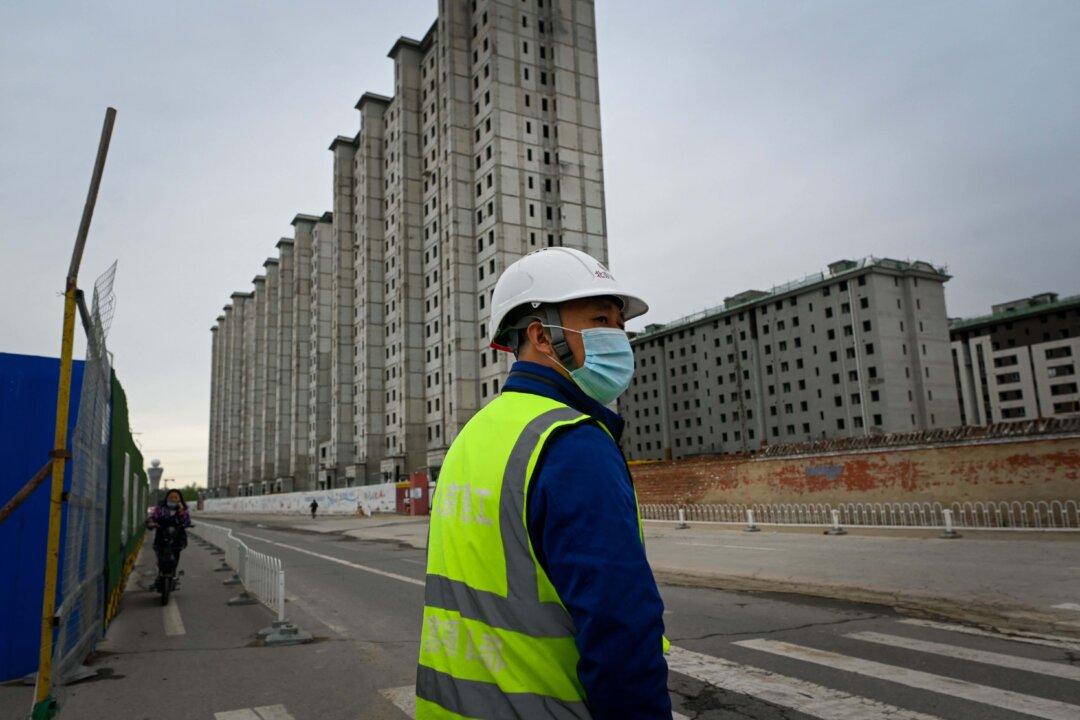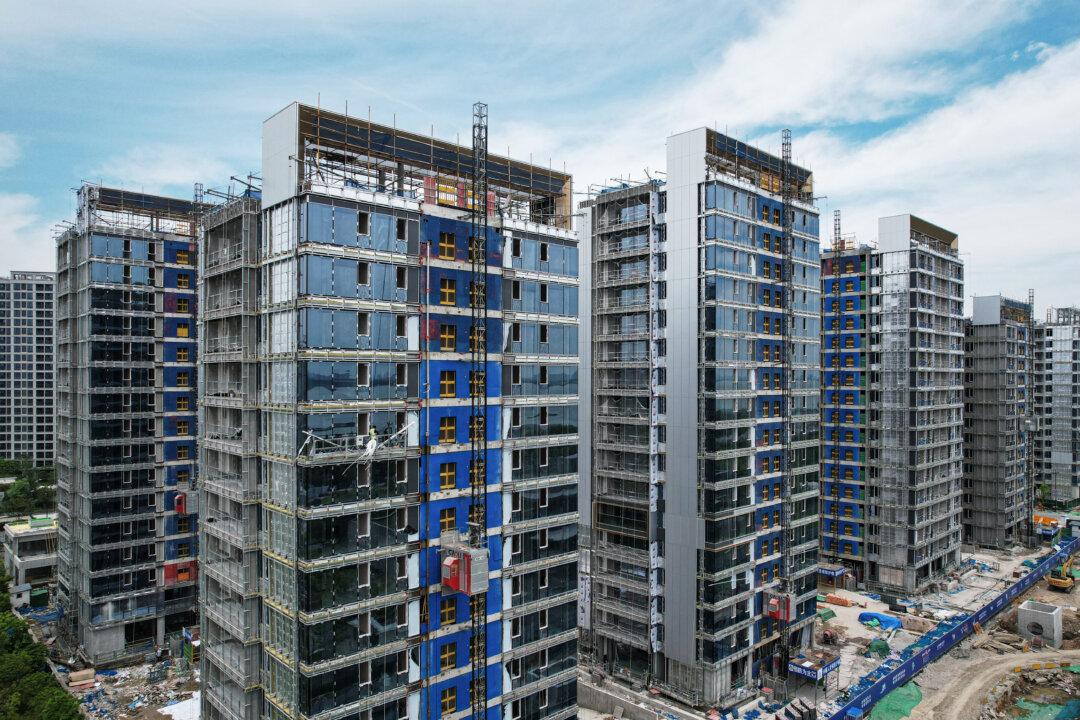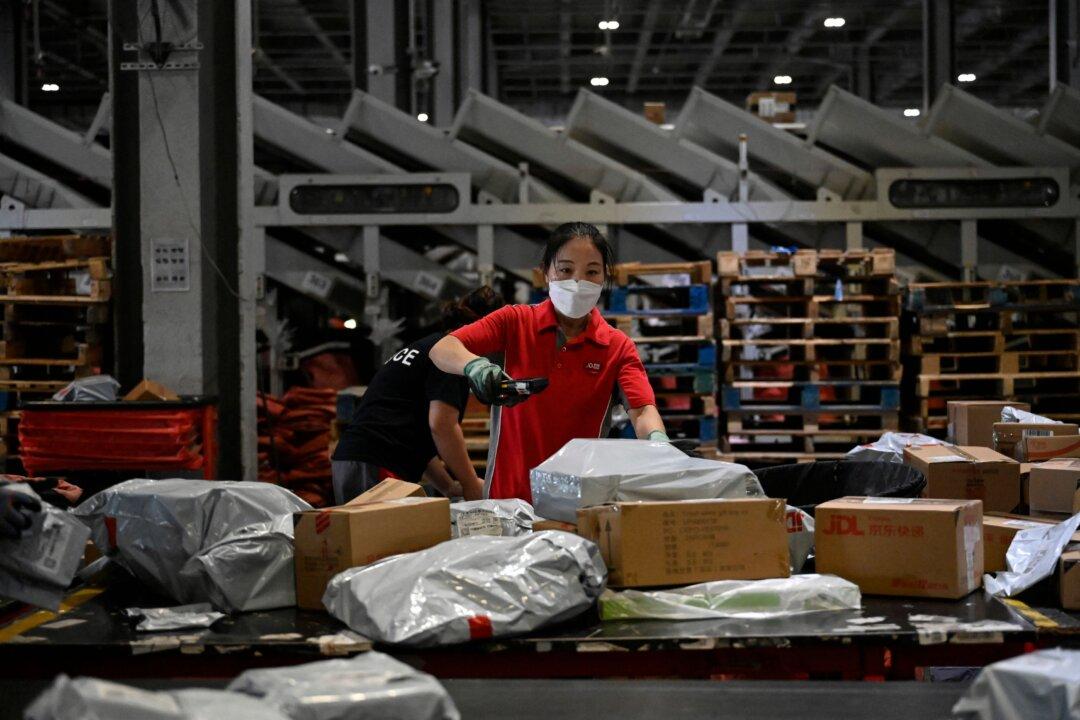With property sales falling faster in October and investment in real estate plummeting, analysts fear that the permeating risks of the real estate crisis will spread to other sectors of China’s economy.
Despite Beijing’s recent actions and measures, analysts believe the spillover effects will persist in the “foreseeable future.”





